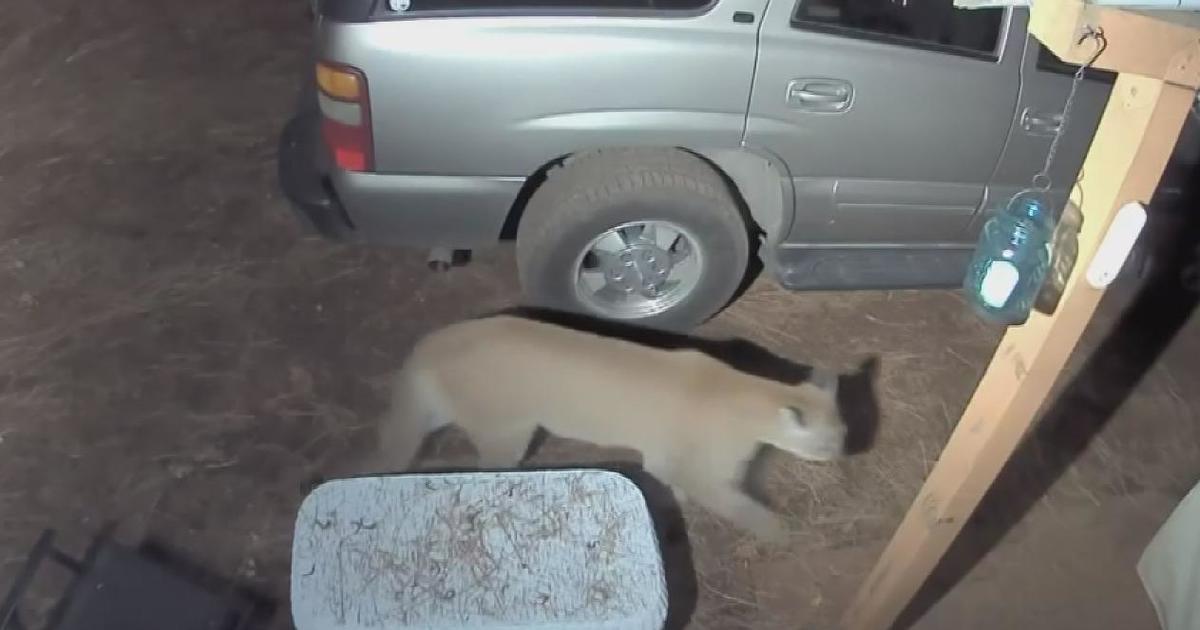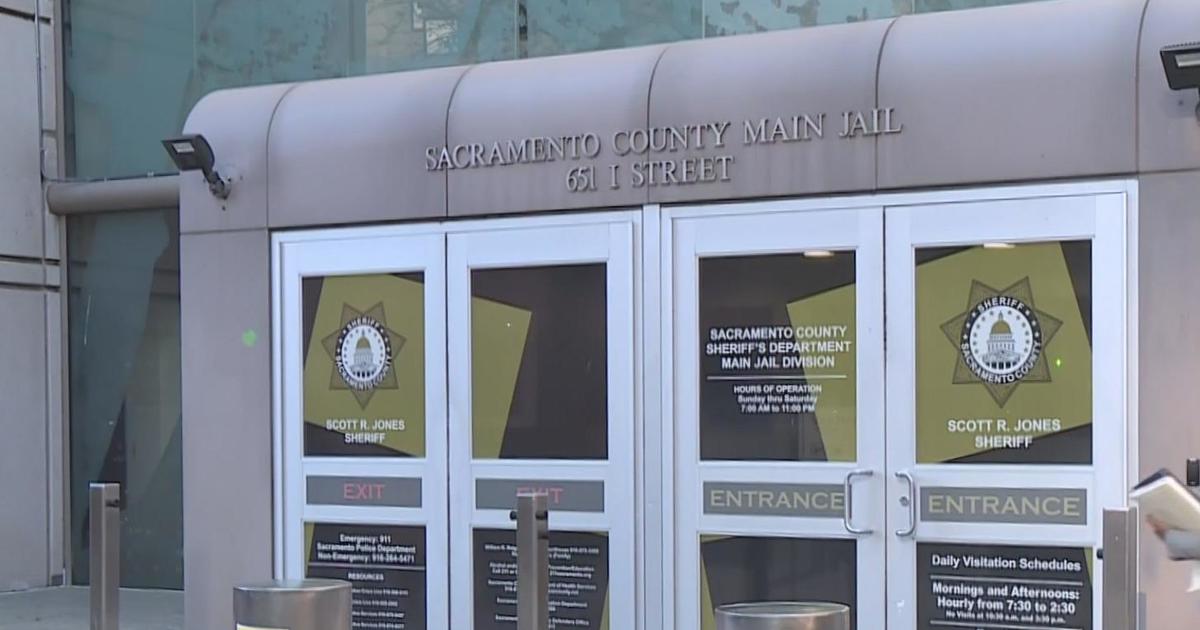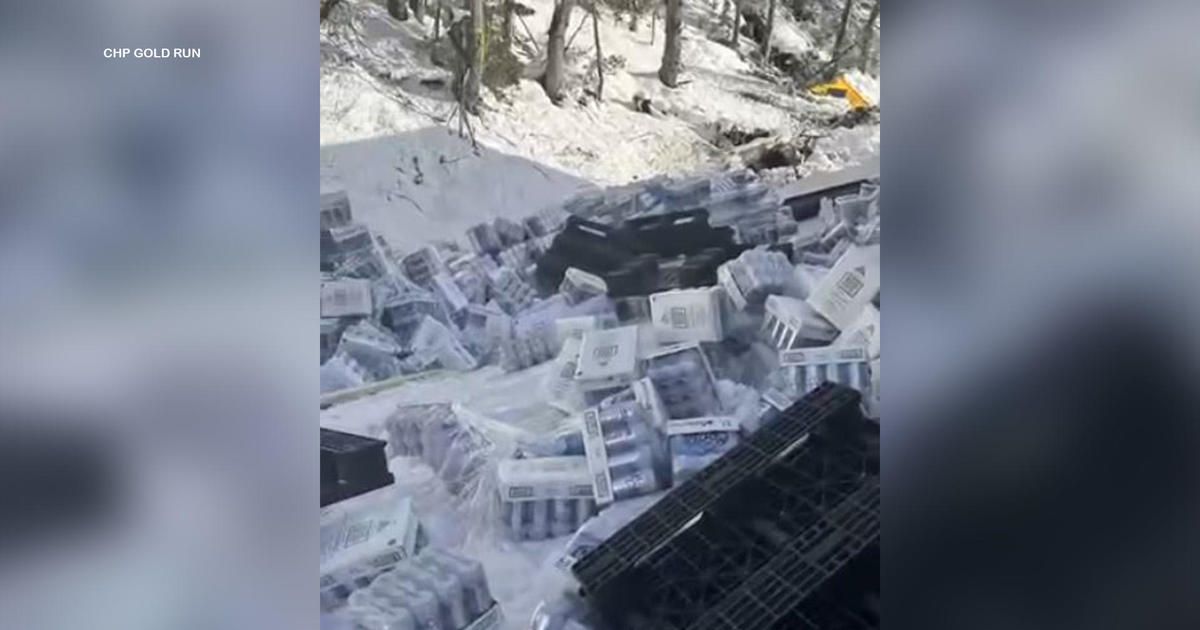Meteorites From Giant Fireball Found In Sierra Foothills Town
EL DORADO COUNTY (CBS) — Tiny meteorites found in the Sierra foothills of Northern California were part of a giant fireball that exploded in daylight with about one-third the explosive force of the bomb dropped on Hiroshima at the end of World War II, scientists said Wednesday.
The rocks each weighed about 10 grams, or the weight of two nickels, said John T. Wasson, a longtime professor and expert in meteorites at UCLA's Institute of Geophysics and Planetary Physics.
The meteor probably weighed about 154,300 pounds, said Bill Cooke, a specialist in meteors at NASA's Marshall Space Flight Center in Huntsville, Ala. At the time of disintegration, he said, it probably released energy equivalent to a 5-kiloton explosion. The Hiroshima bomb was 15 kilotons.
"You don't often have kiloton rocks flying over your head," he said.
The first meteorites from Sunday's explosion in the sky were found in a Lotus park by a meteorite hunter who says this may be the only time in his career he'll ever discover a space rock this rare.
"This is a CM two carbonaceous chondrite. It's one of the oldest and most important meteorites to science," said Robert Ward of the first meteorites of this kind and of this size to be found on earth since the 1960s. "There's particles inside this meteorite that predate our sun."
NASA's Don Yeomens confirmed this type of meteorite is one of the more primitive types of space rocks out there, dating to the origin of the solar system 4 to 5 billion years ago. And it's "actually kind of unusual," he said.
A meteorite more than 4 billion years old, and Ward was the first to discover it in the tiny Gold Rush town of Lotus in El Dorado County.
The professional meteorite hunter was at his home in Prescott, Arizona, when he got a call about the fireball in the sky seen above California and Nevada, prompting him to make the 14-hour drive to Lotus.
"It was orange and red and green and it just went all the way down," witness Roxann Wadsworth said.
What stunned NASA scientists was the explosion witnesses heard as the mini van-sized meteor entered the earth's atmosphere - a rare event because meteors usually break up over the ocean not over a town.
It's drawn meteorite collectors from all over the country as well as NASA scientists.
"We haven't had one since like '69," one scientist said.
But it wasn't until Robert realized he'd found one of the oldest meteorites that got scientists excited. This type of rock is said to hold answers to our very existence.
"They're looking for what made our own planet system and our solar system come together," meteorite hunter Richard Garcia.
It's turned Robert into a celebrity in the science world.
It's an event that he says may never happen again in Northern California, but he says there's still more where this came from.
"There's pieces in people's backyard," he said. "They just need to get out there and find them."
Robert says he'll be here in Lotus for another week.
(The Associated Press contributed to this story.)



